Dry skin is usually to blame, but not always
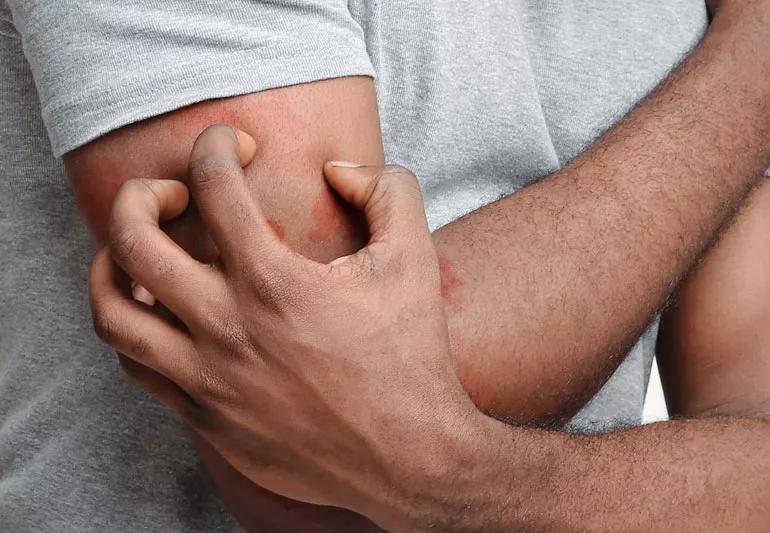
There’s no feeling more urgent and frustrating like the need to scratch an itch — especially if it’s in a spot you can’t reach. And to add even more discomfort, it feels like the more you scratch, the more your skin itches. What gives?
Advertisement
Cleveland Clinic is a non-profit academic medical center. Advertising on our site helps support our mission. We do not endorse non-Cleveland Clinic products or services. Policy
Usually, the culprit behind the itchy skin mystery is not so threatening: dry skin.
While dry skin is most apparent in the winter, aging also has an effect. As we get older, hormone levels change and skin becomes more thin and dry. However, caring for your skin and using moisturizers regularly can help offset these effects.
In other cases, itch can signal other undiagnosed medical issues that need a doctor’s attention.
Dermatologist Shilpi Khetarpal, MD, says, “Usually, the problem is traced to dry skin, however reactions to medications and other underlying conditions can also cause itching,” she says.
“It’s a symptom you don’t want to ignore, especially if it continues for an extended period of time.”
Dry skin is the most common culprit for itch. Here’s what can strip your skin of moisture, and what to do to soothe your skin:
Advertisement
If you wonder what’s causing your itch, here are some symptoms to watch for:
Conditions that may cause itching are varied and include liver disease, kidney failure, iron deficiency anemia, thyroid problems, and even certain cancers in rare cases (leukemia, lymphoma).
In these cases, itching will typically affect your whole body while your skin appears normal. If you think an underlying medical problem could be involved with your itching, call your doctor. Treatment of the underlying illness will improve the itching.
In general, your itchy skin should improve within weeks if you follow simple skin care steps.
“If these changes do not bring relief and are distracting you from your daily routines or affecting your sleep, you should see your dermatologist,” Dr. Khetarpal says. When skin is very dry, it may require a prescription ointment or cream, she says.
Advertisement
Learn more about our editorial process.
Advertisement
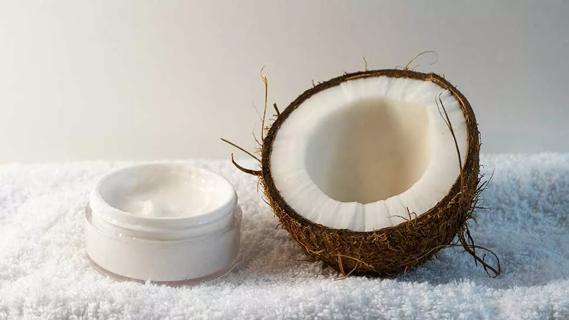
Colloidal oatmeal, petroleum jelly and other around-the-home products can help provide needed relief
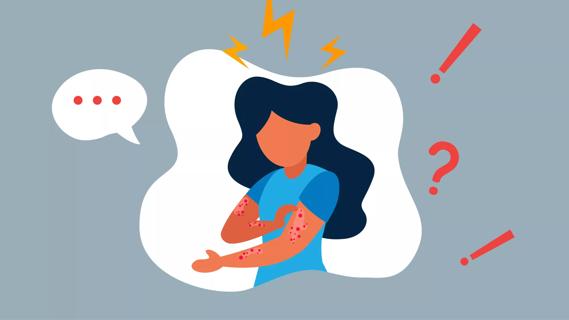
Your body’s natural response to stress can lead to painful skin irritation

From hyperactive immune response to disordered nerve connections, the itch is real
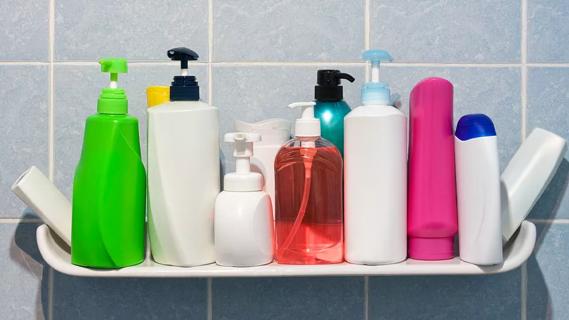
Eczema triggers are different for everyone, but there are some common ways to manage and prevent flare-ups

Hot or cold, your eczema can have flare-ups during multiple times of the year
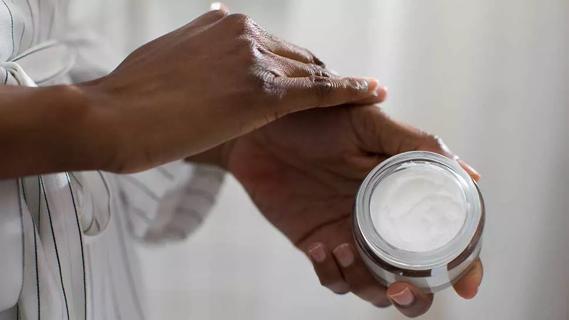
Keep your showers short and lukewarm, and moisturize promptly after with a cream containing ceramides
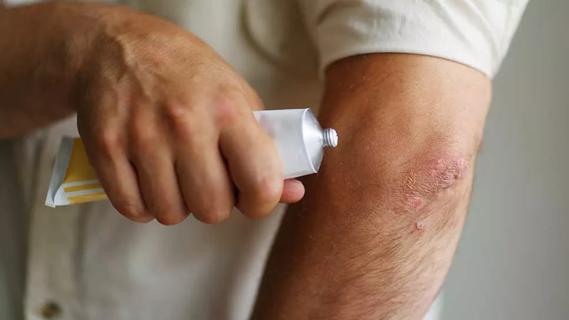
Steroids, self-injections and medications can be game changers
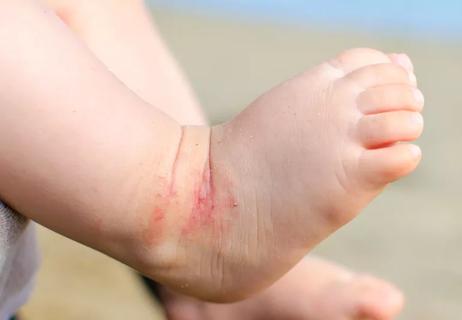
Keeping their skin moisturized — and scratching at bay — is half the battle

Type 2 diabetes isn’t inevitable with these dietary changes

Applying a hot or cold compress can help with pain